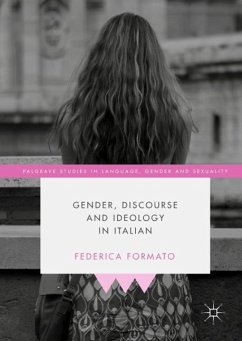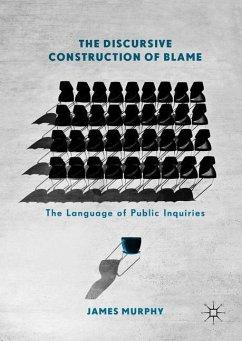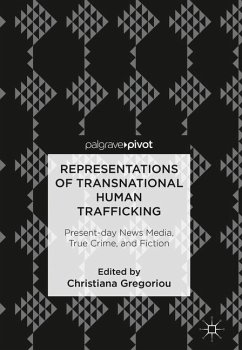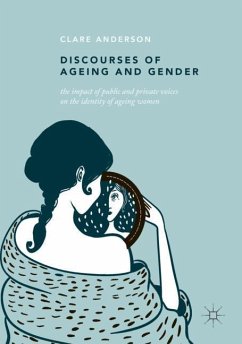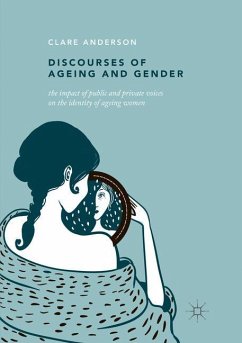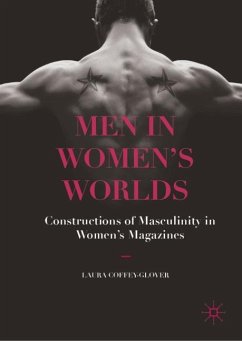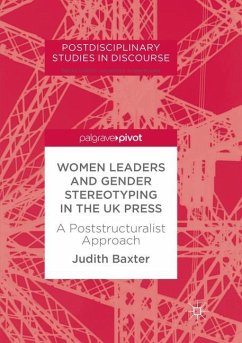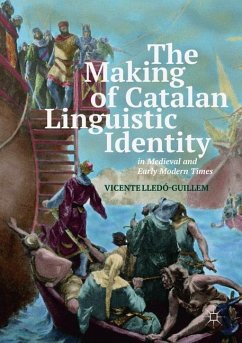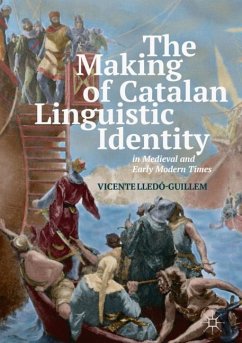
Gender, Discourse and Ideology in Italian
Versandkostenfrei!
Versandfertig in 6-10 Tagen
83,99 €
inkl. MwSt.
Weitere Ausgaben:

PAYBACK Punkte
42 °P sammeln!
This book analyses gendered language in Italian, shedding light on how the Italian language constructs and reproduces the social imbalance between women and men, and presenting indirect and direct instances of asymmetrical constructions of gender in public and private roles. The author examines linguistic treatments of women in politics and the media, as well as the gendered crime of femminicidio, i.e. the killing of women by their (former) partners. Through the combination of corpus linguistics, surveys, and discourse analysis, she establishes a new approach to the study of gendered Italian, ...
This book analyses gendered language in Italian, shedding light on how the Italian language constructs and reproduces the social imbalance between women and men, and presenting indirect and direct instances of asymmetrical constructions of gender in public and private roles. The author examines linguistic treatments of women in politics and the media, as well as the gendered crime of femminicidio, i.e. the killing of women by their (former) partners. Through the combination of corpus linguistics, surveys, and discourse analysis, she establishes a new approach to the study of gendered Italian, a framework which can be applied to other languages and epistemological sites. This book will be of particular interest to students and scholars of sociolinguistics, language and gender, discourse analysis, Italian and other Romance languages.



